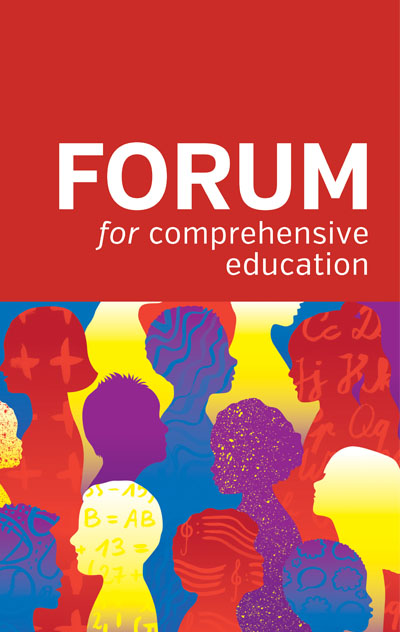
Education, inequality and social mobility: Key findings from three case studies
FORUM - Print ISSN 1474-7685 - Online ISSN 2047-7171
Volume 63 Number 1 (2021)
Education, inequality and social mobility: Key findings from three case studies
BERNARD BARKER, KATE HOSKINS pages 107‑114
DOI: 10.3898/forum.2021.63.1.12
Abstract
This paper reports the findings of the authors' three case studies of school and undergraduate student aspirations and progression pathways, and examines the implications for current policy and research in relation to social mobility. The studies challenge the government's preference for individualist, education-based solutions to the problems of social justice, including the under-representation of disadvantaged young people in elite universities and workplaces. They argue that the individualist perspective grossly underestimates the role of underlying structures, including social class, and the influence of families, through transmitted economic, social and cultural capital. Large-scale quantitative studies tend to compound this bias by measuring social mobility in terms of male income progression, and by neglecting the contribution of women and family networks to social fluidity. Entrenched patterns of advantage and disadvantage are likely to persist until there is a determined and consistent effort to pursue the logic of the 2010 Equality Act, especially by bringing the socio-economic duty into force and ensuring that every employer complies with its requirements. Education alone is not enough.
To cite this article
BERNARD BARKER, KATE HOSKINS (2021) Education, inequality and social mobility: Key findings from three case studies, FORUM, 63(1), 107-114 . https://doi.org/10.3898/forum.2021.63.1.12
